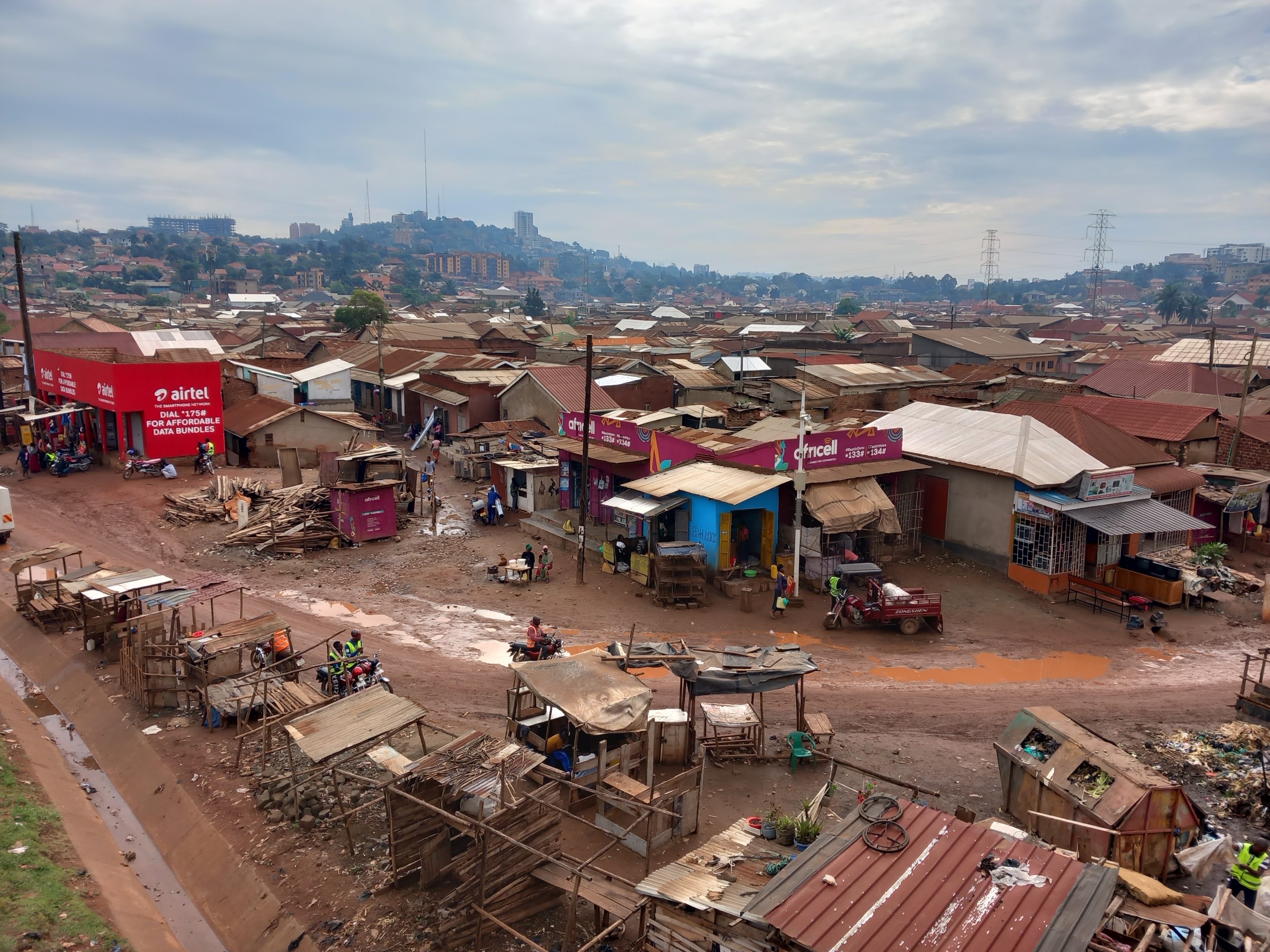
An informal settlement in Kampala, Uganda. Photo by Jess Kersey.
For communities, most policy standards for modern energy are a connection to an electrical grid. But a simple connection does not equal affordable, reliable electricity.
Energy poverty in urban places is a growing problem, particularly in sub-Saharan Africa. In a new paper in Nature Cities, a team of researchers led by Energy and Resources Group PhD student Jess Kersey and Professor Daniel Kammen investigated how grid connections in 25 settlements in Kampala, Uganda, still left residents with precarious access to electricity.
The nature of these improvised and informal grid connections, arranged through intermediaries, wasn't well known, but the researchers found "varying and overall limited levels of affordability, reliability, voltage stability, precarity, autonomy, and safety" in the energy supply. "Our evidence suggests that the grid delivers highly inequitable electricity services that fall short of aspirations of modern energy for the city’s most vulnerable communities," the authors wrote.
The team partnered with the settlements' residents to conduct 500 surveys and 66 interviews and install power quality sensors in 146 households and businesses to understand not just the quantifiable aspects of these connections but also how and why residents use these connections and how they do—or do not—work for them.
"These data and insights can inform policymakers, practitioners, and other duty-bearers within global efforts to address energy poverty and promote sustainable urban transitions," the team wrote.
Read the full study in Nature Cities.
This news story was originally written by the Master of Development Engineering program.
